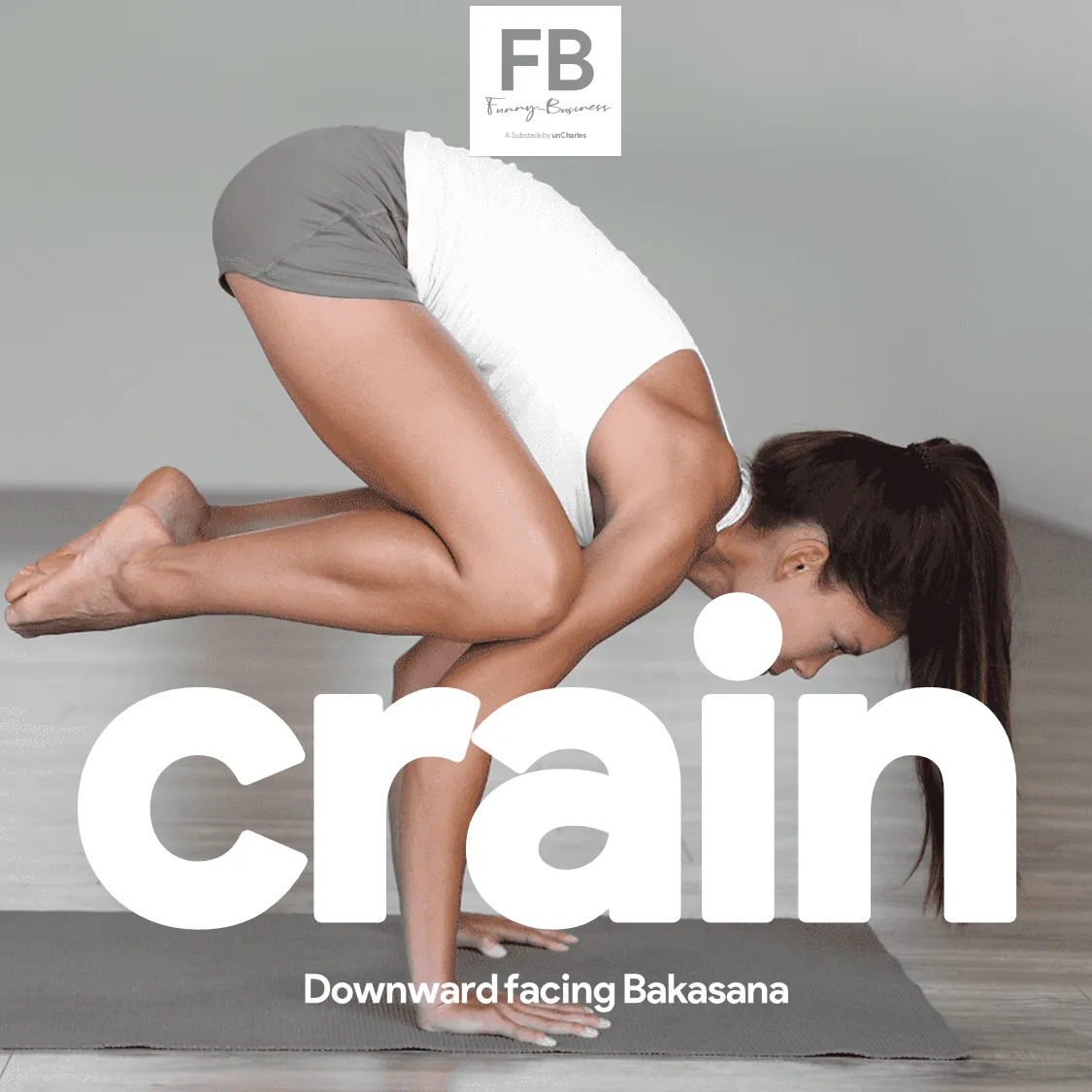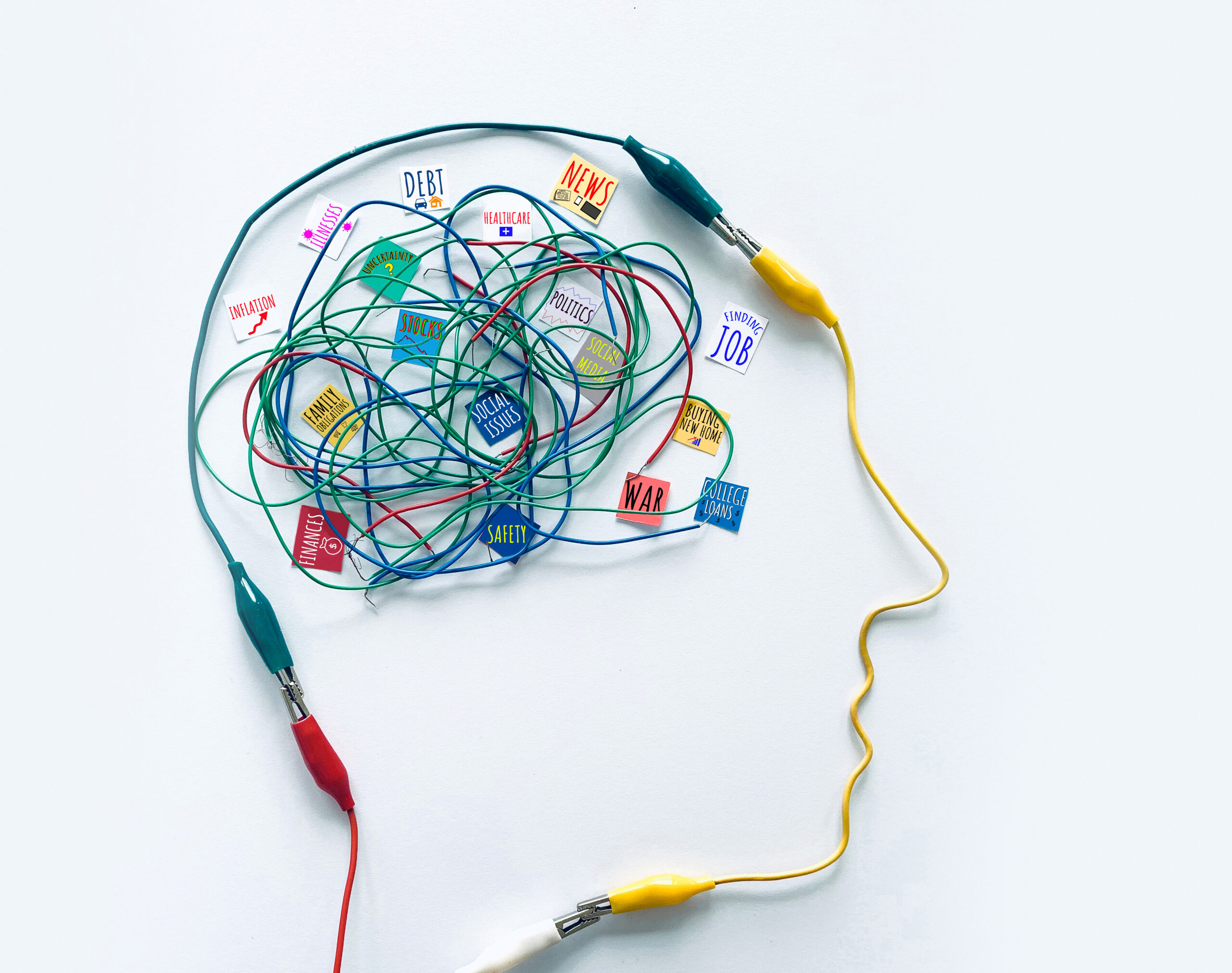In a world where you can’t advertise on Facebook, how will you reach your target audience?
What would happen if Facebook didn’t exist?
What would happen if it did exist but changed the business model to subscriptions so it wasn’t ad-supported?
What if you could advertise on Facebook but the repercussions of running ads made it too risky for brands to be seen running there?
I love scenario planning, and I based these examples off an exercise from my former colleague at 360i, Converging Arts founder Mark Avnet, who served as the dean of 360iU. A gifted educator and mentor, I’ve repeatedly used his “In a World” exercise during speaking and consulting engagements, and I’ve even used examples like this: what would happen if you couldn’t advertise on Facebook?
There is a set structure to “In a World.” As I’ve received permission from Mark to share it, here are the five steps you need to frame your thinking about any disruptive possibility:
- In a world where ___ is true:
- The big disruptive thought is: ___
- What this means is that people/businesses/something will: ___
- This could impact this brand/these products because: ___
- We could test this by: ___
Going through this exercise often leads to breakthrough ideas. You can spend five minutes on this or weeks, but even in a rapid-fire session, you can discover new perspectives.
When you take a negative scenario that some might find dystopian, at least for your business, then it’s a forced constraint, one that reminds me of the cold open to the “Baby Shower” episode of The Office where Dwight is about to give birth to a watermelon and keeps exhorting to Michael Scott, “Adapt!”
Say you’re a major consumer packaged goods brand, and you bring some of your executives and agency partners together on a Zoom call (or, ironically, a WhatsApp group chat), to go through one of these Facebook scenarios. Here’s how it might go:
- In a world where there is such a backlash to Facebook that the repercussions are too high for brands to advertise there…
- The big disruptive thought is we need to cut our Facebook ad spend to $0 and reallocate that budget elsewhere.
- What this means is that all of our brands will lose either their most important or second-most important digital channel for reaching their target consumers for both acquisition and retention.
- This could impact these brands because without generating that awareness and demand, sales could fall off a cliff.
- We could test this by taking a brand with one of the smallest media budgets that is still spending at least 40% of its digital ads through Facebook and remove Facebook from its buys, reallocating that to any non-social channel. We can try this over 30 days and see if there is any noticeable impact on sales. We can also test this for certain brands by removing Facebook buys in certain geographies.
There are no right answers, and this is nowhere near as fun a version of it as you can run. Push it further. Get into war game planning where you imagine Russia or China taking out the US internet for three months, and then you can’t do any digital ads whatsoever (we might have bigger problems than where to run ads in such a scenario though).
What I’m not going to do (today, at least) is comment on whether you should boycott Facebook or stop social media ads more broadly. Set the relationship status to “it’s complicated,” and we can grab a virtual beer one of these days and discuss how it’d work for your company and brands.
What you should do is try the exercise, and if you really want to do it right, call Mark to have him run it (Mark’s been an actual dean; I just play one when he’s too busy).
Most importantly, try it out yourself soon. See what happens. Stack scenarios, where you take the results from one and lead it down some “choose your own adventure” path to explore unintended consequences. Try a mix of weird and practical examples.
Here are some other thought-starters you can try, especially if you’re not advertising much on social media and want other hooks to play with:
In a world where people don’t watch ad-supported TV…
In a world where office workers no longer work from offices…
In a world where boards and executive teams reflect the demographics of the countries where those businesses are based…
In a world where people no longer attend live sporting events and concerts, either because they’re closed or because people are fearful to go even when such gatherings are allowed…
In a world where Democratic control of the presidency and Senate (however much you love or hate the idea) leads to momentum to break up Amazon or Google or Facebook…
In a world where a billing snafu means you can’t advertise on Google… (This is based on a true story, actually involving Facebook, that a friend of mine encountered this spring; the cause of disruption can be very boring).
In a world where your closest competitor goes under overnight…
In a world where your closest competitor gets acquired for $500 million…
This year, 2020, has given us a world where it feels like black swan events happen daily.
A pandemic kills 500,000 people (so far) and shuts down global commerce and movement. NASCAR bans the Confederate flag. The person many viewed as the most boring, washed-up candidate in the 20+ person Democratic field wrapped up the primaries quickly. “Karen” became the insult of the year, if not the century. A Facebook ad boycott is putting the company on the defensive and may impact its bottom line. Crazy, crazy times.
You can’t predict everything during this time where it feels like you can’t predict anything. You can’t truly plan for all for this.
What you can do is train yourself to be nimbler and see unexpected threats and opportunities. Step five of “In a World” is the most powerful, especially if you go and run some of those tests.





